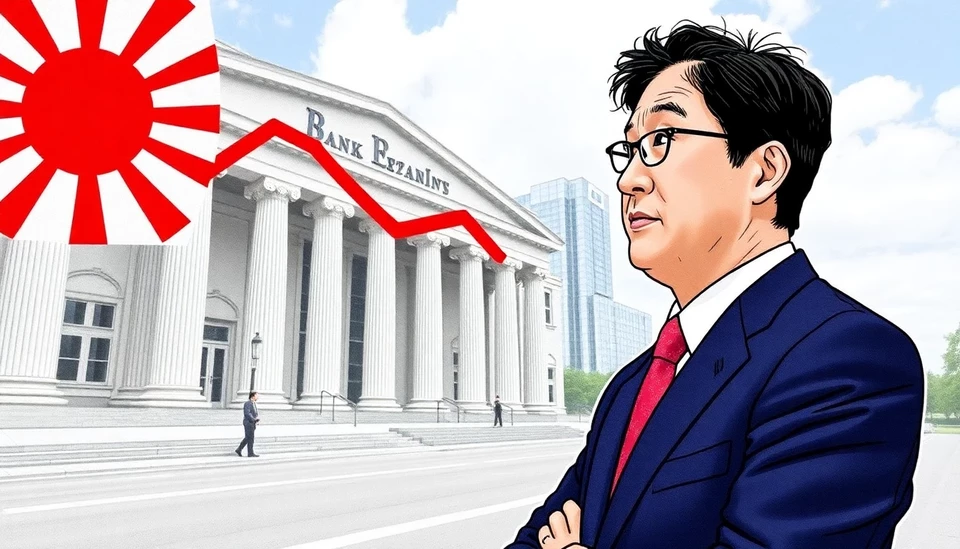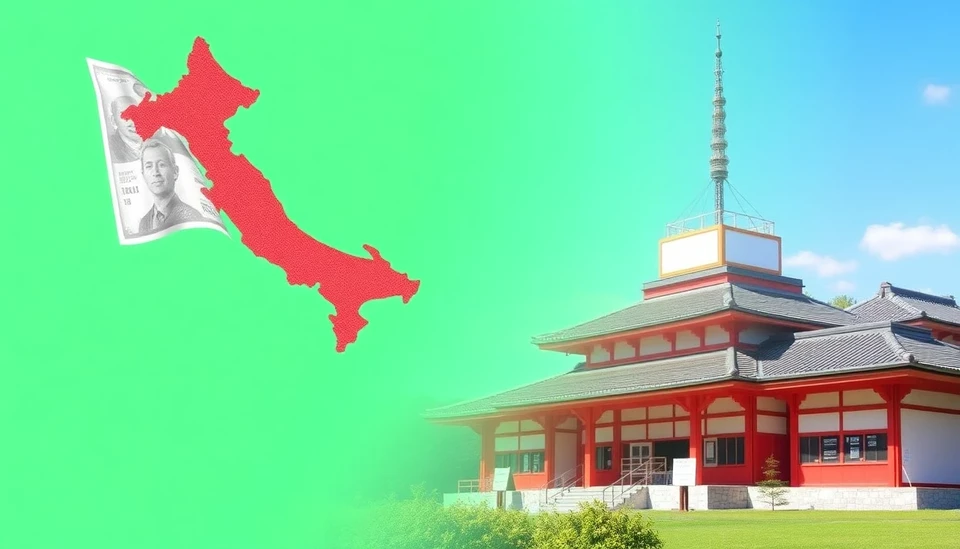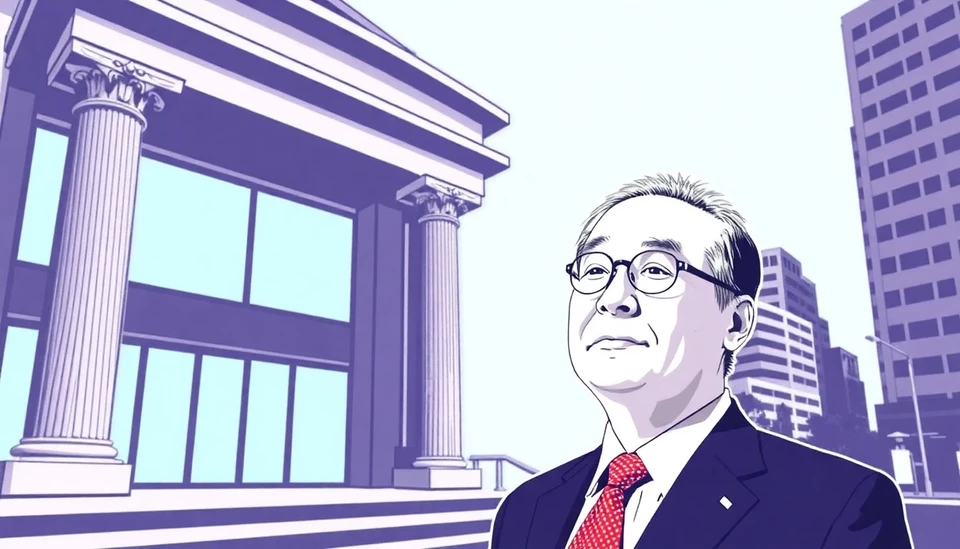
The Bank of Japan (BOJ) has recently conveyed a clear indication that there is minimal consensus among its officials regarding the future path of interest rates. This revelation comes amidst a backdrop of global economic changes and pressures that have impacted central banking strategies around the world.
In a recent meeting, several BOJ members expressed their divergent views on the state of Japan's economy and the necessity of adjustment in monetary policy. While some members maintained that the current ultra-loose monetary stance should persist, others argued that conditions may warrant a reevaluation sooner than previously anticipated. This lack of agreement may signal that the BOJ is grappling with inflation dynamics and growth prospects, specifically in how they interact with the global economic landscape.
Governor Kazuo Ueda has consistently highlighted the complexities of Japan's economic recovery, acknowledging the influence of external factors, such as changes in commodity prices and global economic performance. He warned that any drastic changes in interest rates could carry significant implications for domestic consumption and investment, which are critical to sustaining economic momentum.
Emerging global trends have placed added pressure on the BOJ to reconsider its stance. As other central banks, particularly in the West, signal their intentions to raise interest rates in response to persistent inflation, Japan remains in a unique position. The country has maintained a negative interest rate policy for several years, aimed at stimulating growth and lifting inflation above the target 2% level.
Despite the ongoing debates within the BOJ, recent data suggests some positive movement. Japan's inflation rate has risen, albeit at a slower pace than observed in other advanced economies. This has prompted discussions among policymakers about the efficacy of the current measures in place and whether adjustments are required to align monetary policy with evolving economic conditions.
The central bank is also dealing with the impacts of the weakening yen, which has raised import prices and may add to inflationary pressures. However, any decision made regarding interest rates will not be taken lightly, considering the potential consequences on household spending, corporate investment, and overall economic stability.
As the BOJ prepares for its upcoming policy meetings, the focus will be on how it navigates these complex challenges while maintaining its commitment to fostering economic growth. With differing opinions and a cautious approach, the BOJ's future policy directions remain uncertain, underscoring the significance of their next steps in responding to both domestic and international economic realities.
In conclusion, while the Bank of Japan is poised to make critical decisions regarding its monetary policy, the lack of consensus among its members highlights the intricate balancing act the bank must perform in the face of a rapidly changing economic landscape.
#BankOfJapan #InterestRates #MonetaryPolicy #Economy #KazuoUeda #Inflation #FinancialMarkets #CentralBanking
Author: Laura Mitchell




